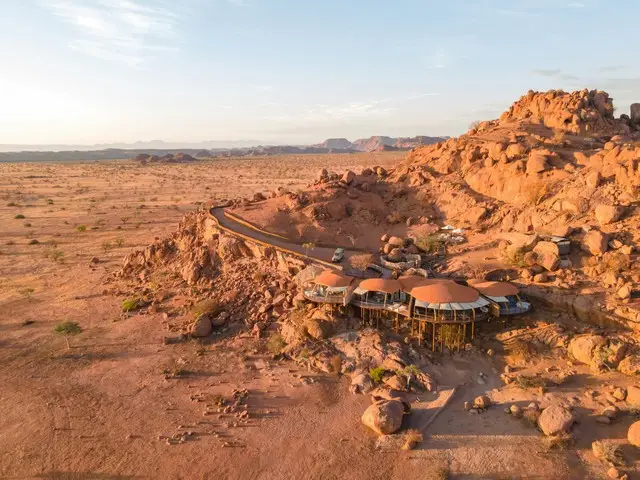Table of Contents
- Historical Roots and Evolution
- Defining Characteristics of Ecovillages
- Philosophical Underpinnings
- Sociological Significance
- Conclusion
- Think!
- Essay Suggestions
- Research Suggestions
- Further Reading
Ecovillages represent a unique and increasingly relevant phenomenon in the landscape of contemporary social and environmental movements. As intentional communities that strive to achieve ecological sustainability, social equality, and economic resilience, ecovillages embody an alternative to conventional urban and suburban living arrangements. This essay aims to provide an in-depth exploration of the concept of ecovillages, examining their historical roots, defining characteristics, underlying philosophies, and sociological significance. By analyzing these aspects, we can better understand the role of ecovillages in promoting sustainable development and social innovation.
Historical Roots and Evolution
The emergence of ecovillages can be traced back to various social and environmental movements of the mid to late 20th century. The countercultural movements of the 1960s and 1970s, which emphasized communal living, environmental stewardship, and holistic lifestyles, laid the groundwork for the development of ecovillages. During this period, a growing awareness of the ecological limits of industrial society and a critique of consumerism spurred the creation of intentional communities aimed at living more harmoniously with nature.
One of the earliest examples of an ecovillage is Findhorn in Scotland, founded in 1962. Findhorn emphasized spiritual and ecological practices, fostering a community-based approach to sustainable living. Similar initiatives emerged across Europe and North America, influenced by the principles of permaculture, deep ecology, and bioregionalism. These early ecovillages were characterized by their experimental nature and a commitment to integrating ecological principles into daily life.
The term “ecovillage” itself was popularized in the 1990s by the Global Ecovillage Network (GEN), an organization established to connect and support ecovillages worldwide. GEN defined an ecovillage as “a human-scale, full-featured settlement in which human activities are harmlessly integrated into the natural world in a way that supports healthy human development and can be successfully continued into the indefinite future.”
Get the full article AD FREE. Join now for full access to all premium articles.
View Plans & Subscribe Already a member? Log in.




